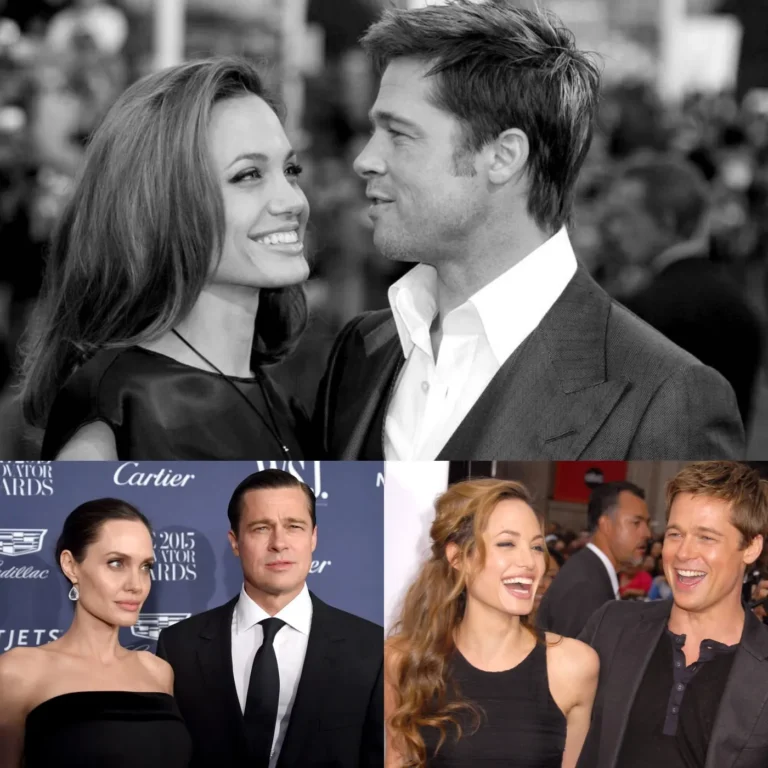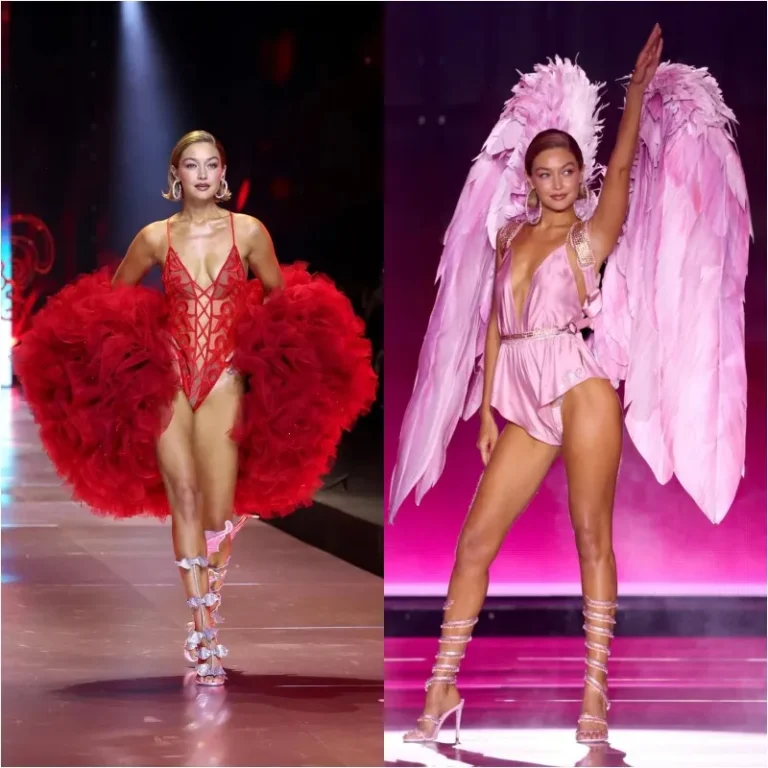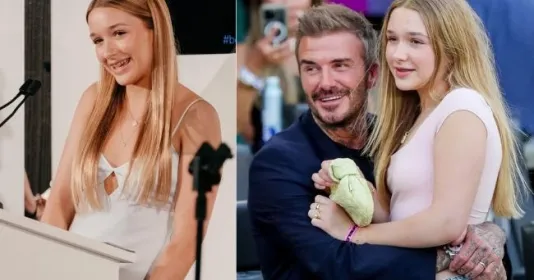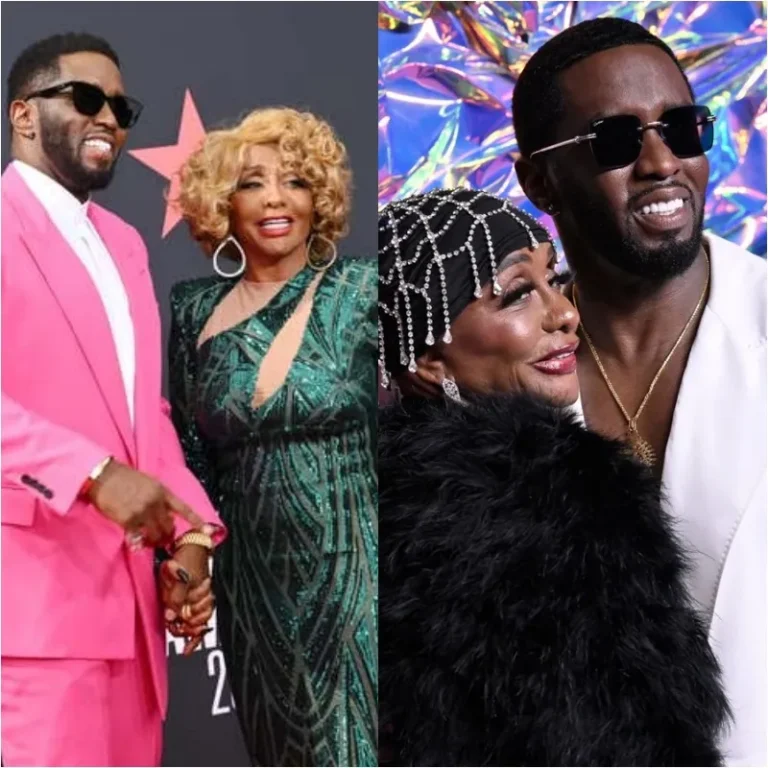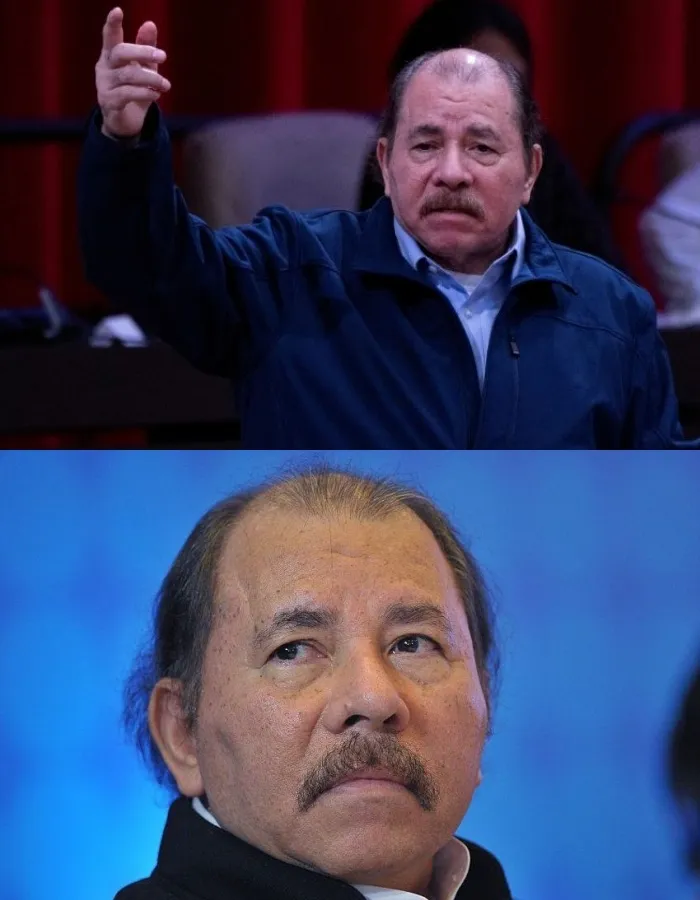
Nicaragua’s President Daniel Ortega has extended a controversial offer to send “Sandinista fighters” to Venezuela in support of President Nicolas Maduro, who is facing significant unrest following a disputed presidential election in July. This move underscores the solidarity between the two authoritarian leaders, both of whom have been criticized for their handling of democratic processes and human rights.
Ortega’s Offer of Military Support
During a virtual summit with Latin American leaders on Monday, Ortega expressed his willingness to back Maduro if there is an attempt at an “armed counterrevolution” in Venezuela. He assured that Sandinista fighters, a reference to members of Nicaragua’s Sandinista National Liberation Front (FSLN), would be ready to assist Maduro’s government if necessary. This declaration comes at a time when Maduro is under intense pressure, both domestically and internationally, following his controversial election victory.
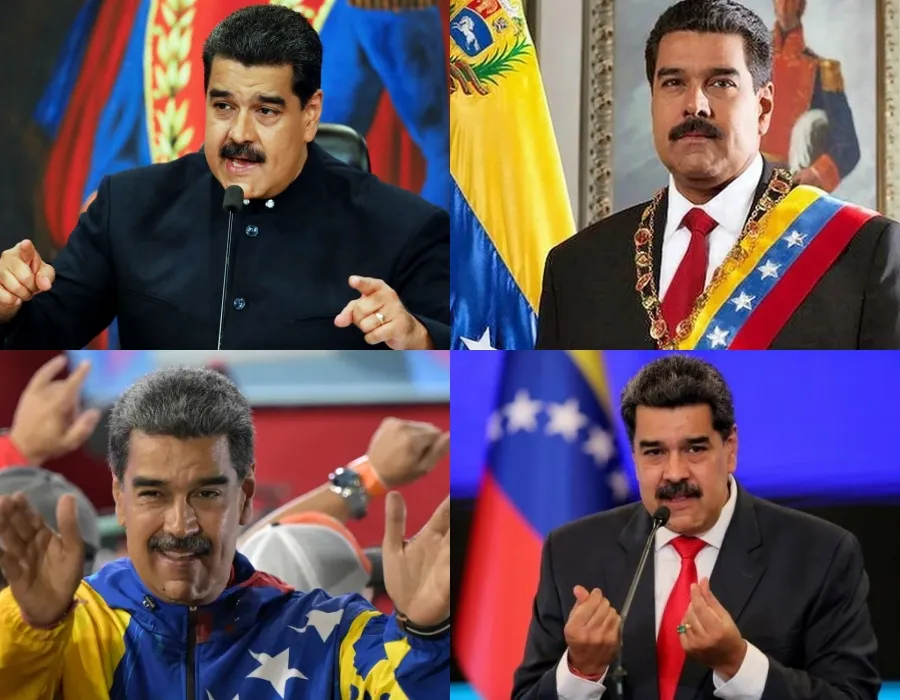
Post-Election Unrest in Venezuela
Maduro’s declaration of victory has been met with widespread skepticism, leading to mass protests across Venezuela. The opposition, along with international observers, has questioned the legitimacy of the election, citing irregularities and lack of transparency. The aftermath of the election has been marked by political violence, with at least 24 civilians and one soldier reported dead. Additionally, Venezuelan security forces have detained around 2,000 opposition supporters.
Ambiguity Surrounding Ortega’s Offer
While Ortega’s offer of support to Maduro is clear, there is ambiguity regarding the exact nature of the “Sandinista fighters” he referred to. Ortega did not specify whether these fighters would be members of Nicaragua’s police, military, or pro-government armed groups. Human rights organizations have previously accused these groups of participating in crackdowns alongside the police in Nicaragua, allegations that Ortega has denied.
Criticism of Latin American Leaders
Ortega also took the opportunity to criticize other Latin American leaders who have not recognized Maduro’s victory. He singled out Brazil’s President Luiz Inácio Lula da Silva (Lula) and Colombia’s President Gustavo Petro, both of whom are left-leaning but have distanced themselves from Maduro. Ortega accused Lula of “dragging” himself before the United States, a charge that reflects the deepening divisions within the Latin American left regarding Venezuela.
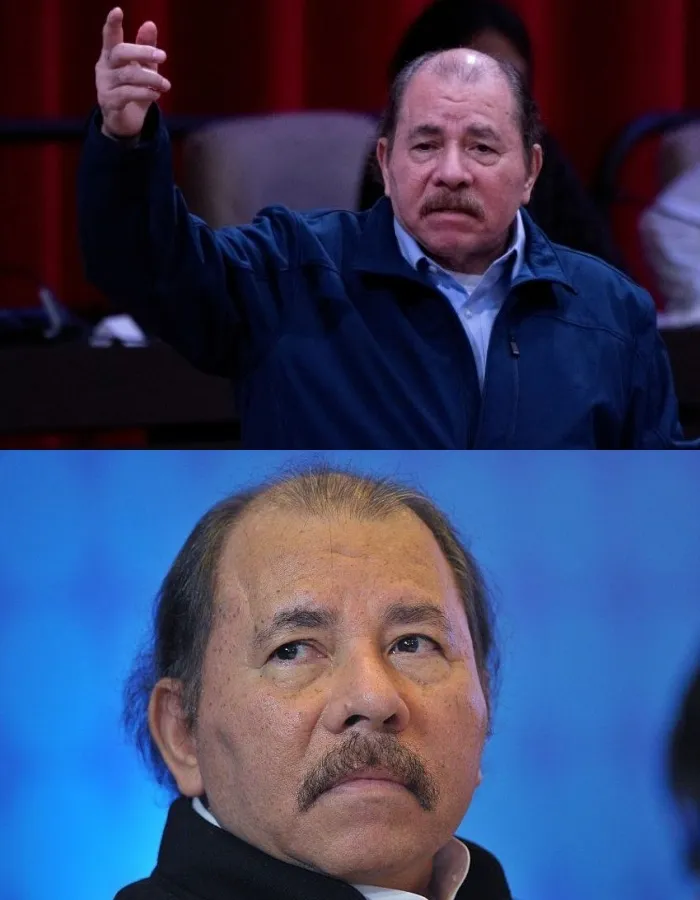
Petro, in response to Ortega’s criticism, defended his position by highlighting his commitment to human rights, contrasting it with Ortega’s track record in Nicaragua. Petro’s response underscores the growing rift between leaders who prioritize democratic norms and those who support authoritarian regimes.
Controversy Over Venezuela’s Election Results
The controversy surrounding Venezuela’s election results continues to grow. According to Venezuela’s electoral council, which is dominated by government loyalists, Maduro won the election with just over 50% of the vote. However, the opposition and international observers, including the United Nations and the Carter Center, have raised doubts about these results. They have called for the release of detailed polling data to ensure transparency.
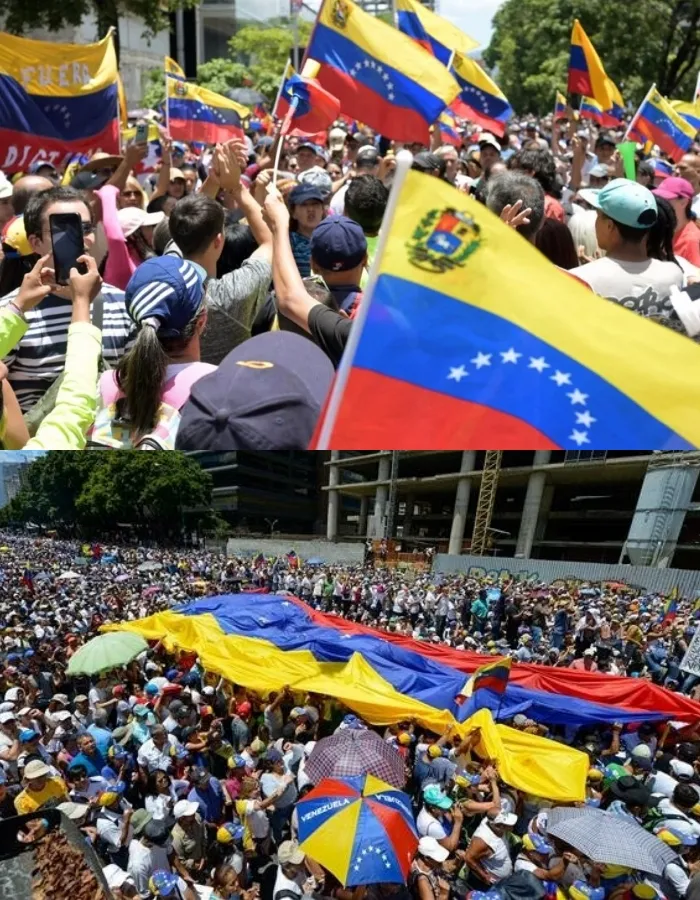
In response, Venezuela’s opposition has released over 80% of the tallies from voting machines across the country. Preliminary analysis of these documents suggests that opposition candidate Edmundo Gonzalez Urrutia may have actually won the election, further complicating the situation.
Ortega’s offer of support to Maduro amid Venezuela’s post-election turmoil highlights the close ties between these two embattled leaders. As the situation in Venezuela continues to unfold, the potential involvement of Nicaraguan fighters could escalate tensions further. The international community remains divided on how to address the crisis, with calls for transparency and respect for democratic processes growing louder.



